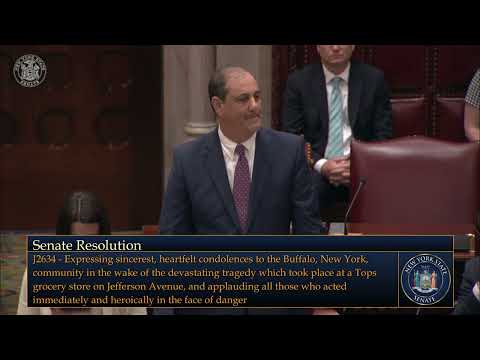
USDA and Cornell to Vaccinate Raccoons in Parts of Staten Island to Help Prevent Spread of Rabies - August 17-19
Andrew J Lanza
August 14, 2015
On Monday, August 17 through Wednesday, August 19, between the hours of 8 A.M. and 8 P.M., wildlife biologists with the United States Department of Agriculture (USDA) and Cornell University will distribute oral rabies vaccine (ORV) in Staten Island. A low flying USDA helicopter will be used to target the distribution of bait in raccoon habitats, which will include woods, bushes, streambeds, sewers and other areas. Baits will not intentionally be dropped in dense residential areas or on roadways, parking lots, or open fields. Cornell received State funding to pursue this program in New York City, and it is an expansion of a program being conducted in Long Island and parts of upstate New York. In New York City and New York State, rabies occurs primarily in raccoons, bats and skunks. In case of bad weather, the baiting will be postponed to a later date.
See attached flyer for a map of the areas to be baited.
The brown, fish-scented baits, which resemble a catsup packet, conceal a small amount of pink, liquid vaccine. Raccoons are attracted to the odor, and when raccoons chew the bait, they become immunized and cannot be infected with rabies.
The bait itself will not harm people, but in rare instances, exposure to the liquid can cause a rash. In the unlikely event someone comes in contact with the liquid, wash his or her hands with warm, soapy water, talk to their doctor, and notify the Poison Control Center at 1-800-222-1222. The bait is not harmful to pets and cannot cause rabies, but it can cause vomiting if several baits are consumed. If pets find the bait, do not try to take it away from them to avoid being bitten and exposed to the vaccine.
For more information, including photos of the bait, please visit: http://www.nyc.gov/html/doh/downloads/pdf/environmental/rabies-vaccine-packet-flyer.pdf
To help prevent the spread of rabies, New Yorkers are reminded to take the following steps:
- Get your cat or dog vaccinated for rabies. It’s the law.
- Check with your vet to see if your pet is up-to-date with vaccinations.
- Pets need a rabies booster shot every one to four years.
- Call 311 or visit nyc.gov and search for “rabies” for information on rabies.
- Always keep cats, even vaccinated cats, indoors and supervise your dog when it is outdoors. Cats and dogs that roam could come into contact with a rabid animal, get infected, and then expose you.
- Avoid wild, stray or unfamiliar animals. Keep children and pets away from them too.
- Avoid any wild, stray, sick, or injured animal, no matter how helpless it looks. Even stray cats can be dangerous.
- Raccoons, skunks, and bats are more likely than other animals to have rabies. Be careful around them—especially if they appear sick or behave strangely. For example: Normally tame animals, like cats, acting too aggressive or wild animals acting too friendly; Difficulty walking around; and night animals like raccoons walking around during the day.
- Call 311 to report an ill or injured animal
- Keep garbage in tight containers to avoid attracting animals.
If you are bitten by an animal, wash the wound, consult a doctor, and call 311 or Poison Control to report the bite. First, wash the wound with soap and lots of water IMMEDIATELY. Talk to a doctor right away to see if you need a tetanus shot or a rabies evaluation. If you don’t have a regular doctor, go to a hospital emergency room. Call 311 to report the bite. After business hours, call Poison Control at 1-800-222-1222.
For more information on rabies please visit: http://www.nyc.gov/html/doh/html/diseases/cdrab.shtml
For more information on Oral Rabies Vaccine, please visit the following sites:
New York State Department of Health: http://www.health.ny.gov/diseases/communicable/zoonoses/rabies/vaccfact.htm
United States Department of Agriculture animal and Plant Health Inspection Service, National Rabies Management Program:
http://tinyurl.com/usda-rabies
###
Share this Article or Press Release
Newsroom
Go to Newsroom
Late Budget 2022-2023
April 6, 2022


